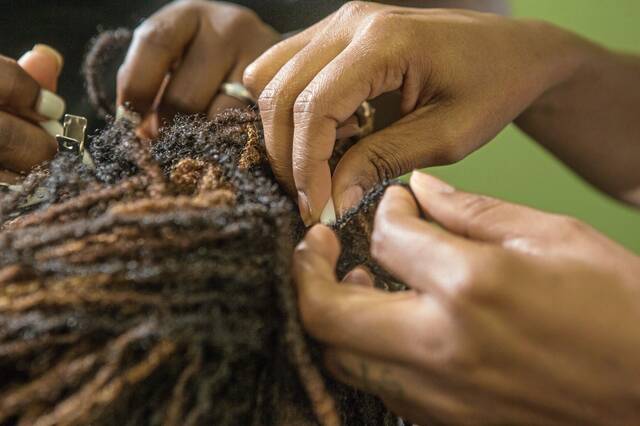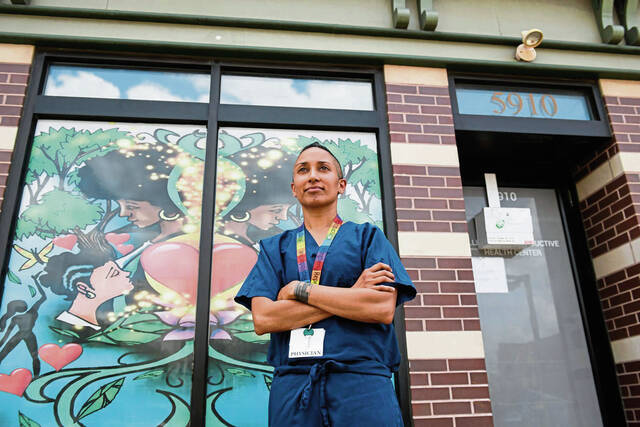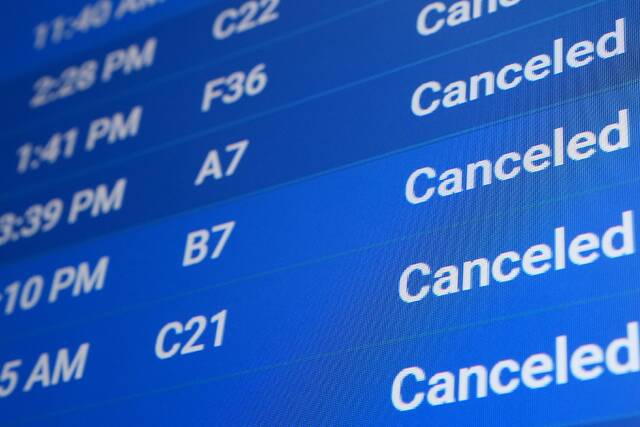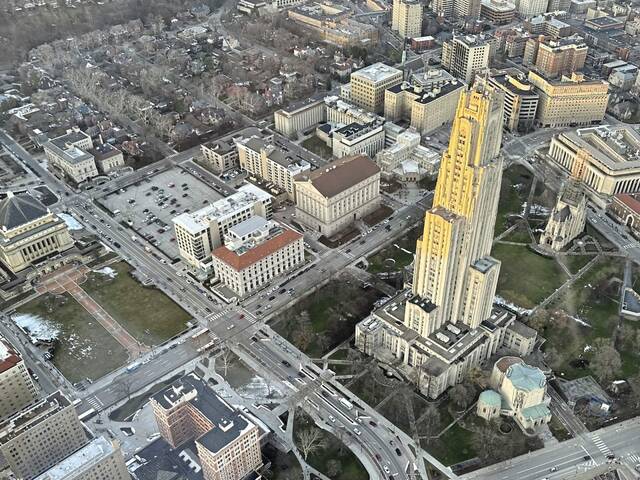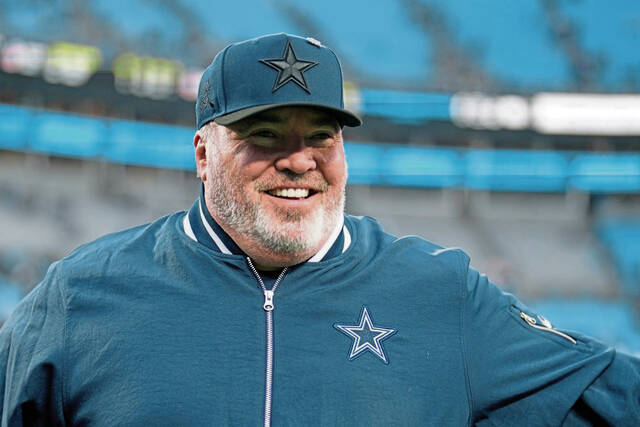Pennsylvania code enforcers caught a criminal on May 21, 2021, but not the dangerous kind. The outlaw’s offense was braiding hair with a lapsed occupational license. Her penalty: $250.
Many other Pennsylvania beauty professionals remain on the lam. Since 2009, anyone guilty of twisting, wrapping, weaving, extending, locking or braiding hair without a government permission slip has risked civil fines and criminal prosecution.
Getting the piece of paper is not easy. Applicants must spend 300 hours in school, even if they already know how to braid — and even if nearby programs do not exist. Afterward, braiders must pay fees and pass a state exam in English — a challenge for nonnative speakers.
The process can top $6,000 and take months to complete. Many braiders cannot afford the expense. They lack time and money to earn an honest living in their chosen occupation. Some business owners simply closed their salons when the law took effect. Others went underground.
“I get worried every time someone walks toward my shop door,” one Philadelphia braider told our public interest law firm, the Institute for Justice. The woman, who has practiced braiding since she was a child, has little need for formal schooling. Yet state regulators fined her $500 for not having a license.
She is one of potentially thousands of unlicensed beauty professionals in Pennsylvania. After Mississippi ended licensing requirements for braiders in 2005, more than 6,700 workers stepped forward and identified themselves. Pennsylvania, a much larger state with a similar African American population, has only 83 braiders with active licenses. Many work in the shadows, which leaves them vulnerable. They cannot report mistreatment without exposing themselves. Pennsylvania likely has eyebrow threaders, hairstylists and makeup artists in the same situation.
“License to Work,” a new Institute for Justice report, documents multiple problems. The nationwide analysis examines 102 lower-income occupations in dozens of industries and finds that Pennsylvania generally imposes less stringent rules than most other states. Overall, Pennsylvania ranks as the 31st most widely and onerously licensed state. Yet Pennsylvania slips when the report drills down on niche beauty services.
Many states have eased the burdens on these occupations in recent years. Idaho recently exempted hair braiders from occupational licensing. Mississippi and Texas recently delicensed eyebrow threaders. And Florida, Minnesota, Mississippi and Nebraska recently delicensed makeup artists.
Overall, braiders can practice without a license in 32 states, eyebrow threaders in 20 states and makeup artists in 14 states. Yet Pennsylvania lawmakers refuse to budge. They demand licensure for all these occupations.
Pennsylvania beauty workers can either pay up, switch careers or hide like criminals.
Fortunately, state Rep. Dawn Keefer, a Republican who serves parts of York and Cumberland counties, has a solution. House Bill 2575, which she introduced in May, would allow braiders, eyebrow threaders, makeup artists, eyelash technicians and blow dry stylists to work without unnecessary government involvement.
Opponents of the measure include Pennsylvania school owners, who benefit from the forced enrollment. These critics rely on fear to make their case. They tell horror stories about everything that could go wrong with deregulation.
Yet the risks are small for niche beauty services. Braiders simply use their hands to intertwine hair. Threaders use single cotton strands. And makeup artists use commercial products that have cleared federal inspections. Even if these occupations carried some degree of danger, the state has less intrusive ways to protect consumers than squeezing tuition payments out of lower-income workers.
Unlicensed does not mean unregulated. Government agents can — and often do — conduct site inspections, enforce deceptive trade practice acts, require bonding or insurance, and offer voluntary certification. Customer reviews on sites like Yelp create additional accountability. So does litigation.
Gov. Tom Wolf considered the risks and endorsed occupational licensing reform in 2018. Among other recommendations, he specifically called for an end to braider licensing. “Pennsylvania must be a place where people can put their skills, experience and education to work,” he said.
Policymakers largely ignored the call to action. They removed one license for mobile home installers, while increasing fees for many other Pennsylvania workers. House Bill 2575 would give the state another chance to move in the right direction.
Instead of treating beauty professionals like criminals, Pennsylvania could celebrate them as entrepreneurs.
Jessica Poitras is an attorney and Daryl James is a writer at the Institute for Justice in Arlington, Va.


